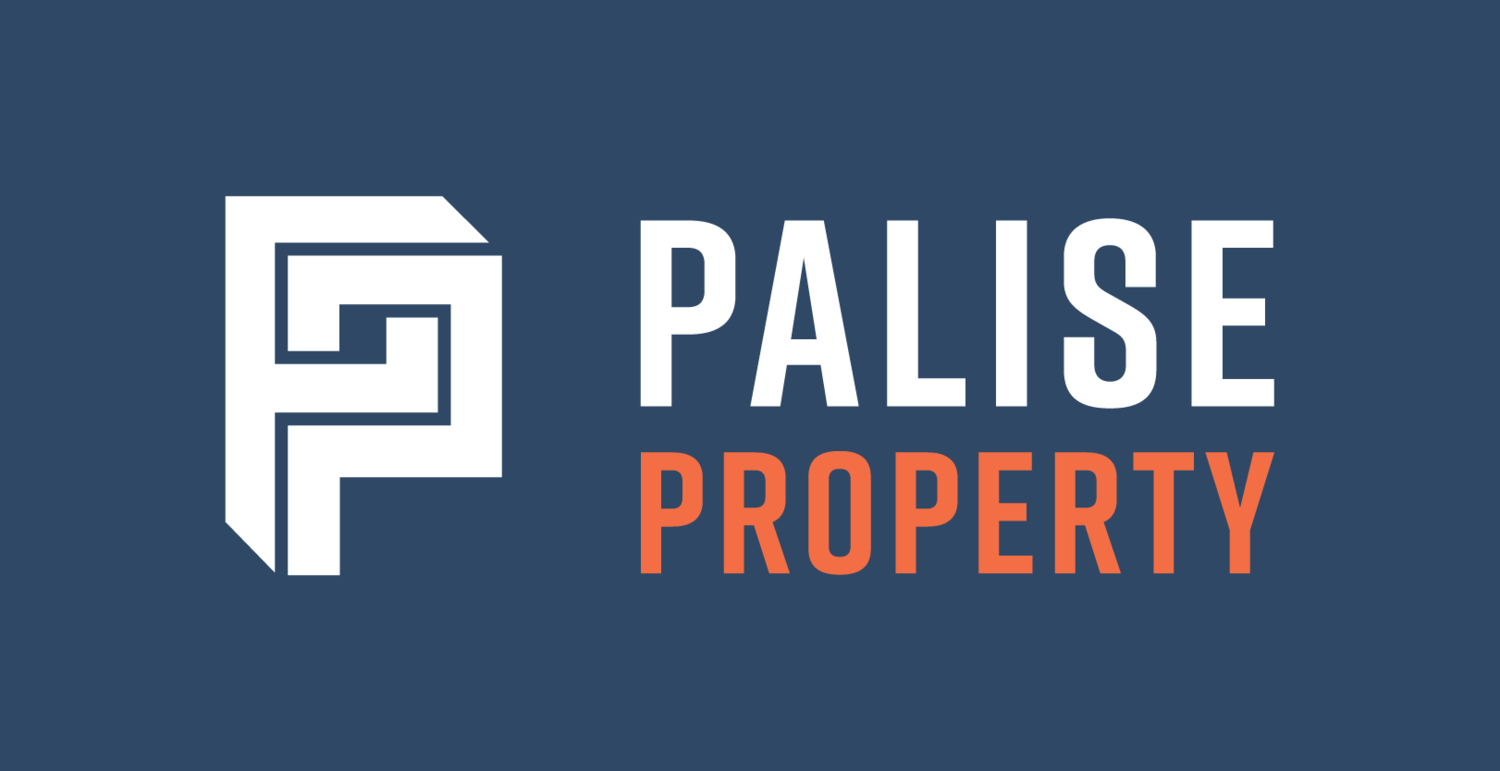Should I buy Two single commercial properties or one higher value Property?
One of the most regular questions I get asked from commercial property investors is whether it is better to buy 2 lower valued commercial properties or 1 lower value one.
The simple answer is…..it depends!
There are positives and negatives to each strategy.
Let’s use the example of 2x $750,000 properties vs 1x $1,500,000 property. Every property is different however let’s look at some general rules of thumb.
2x $750,000 Properties
· This strategy enables you to buy in 2 different geographic locations – mitigating location risk.
· Having 2 properties also means you can buy 2 asset classes, such as 1 industrial and 1 retail so you will be in different economic sectors.
· You will also have 2 different tenants. If you were ever to lose one of them, you would still have the other one paying rent which will almost cover both of the loans.
· Lower price point properties are usually part of a body corporate – meaning you will not freehold the property and have less control, or value add opportunities.
· Being part of a body corporate, will generally mean that there are minimal value-add opportunities, usually only lease manipulation.
· The tenants’ businesses are smaller which means less staff and higher financial volatility.
· Their security on the lease such as the bond, or company guarantees will be small or weak.
· Because of their size they are usually only willing to sign a short lease as they are unable to forecast that far into the future.
· In terms of the business’s longevity in that location, it will be short. They will most likely upsize their location, buy a premise themselves, or go bust.
· With smaller properties, there are usually however vacancy periods as there are more small businesses and sole traders looking for locations than larger businesses. This means you will typically fill the property more quickly if it is vacant.
1x $1,500,000 Property
· This strategy enables you to only by in one location and one asset class – thus having all your eggs in one basket
· If you ever lose your tenant, you will need to handle the whole mortgage until the property is filled
· A higher priced property will generally mean you are able to buy freehold, ie, a freestanding property not part of a body corporate.
· A freehold property will give you more value-add opportunities such as renovation, development, and creating new sources of revenue such as multi-tenancy, advertising space etc.
· The tenants’ businesses are larger which means more staff and less financial volatility.
· Their security on the lease such as the bond, or company guarantees will be larger and carry more weight.
· One of the big differences, is the tenant will generally sign a longer lease, as moving a larger premise is much more difficult and unlikely.
· Because of this, they are more likely to stay in this location for a longer period of time. Larger businesses are generally less inclined to go out and buy their own premise as they are usually more focused on growing the business as opposed to playing the property market.
· With larger properties, there are usually higher vacancy periods as there are less businesses of this size looking for a location at one time.
As you can see it is going to come down to the individual properties you select on a case-by-case basis, and not so much the price point.
You will need to assess which strategy is right for you in terms of your budget, goals, and risk profile.

